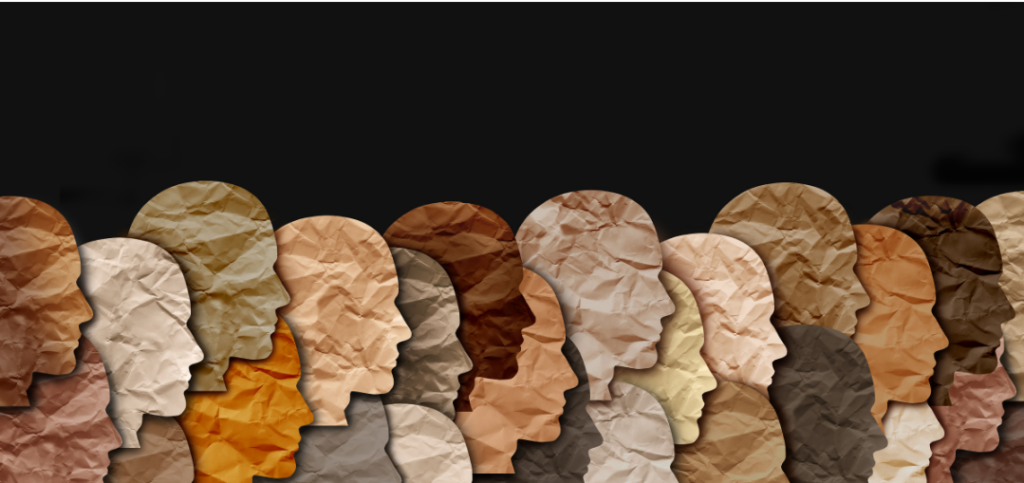Diverse & Inclusive Workplaces

A diverse and inclusive workplace recognises the inherent value each person brings to the workplace. It is a workplace where everyone can contribute and feel included.
Diversity is often described as counting people, whereas inclusion is making people count.
Diversity in the workplace reflects the broader community; it includes people of different race, religion, or culture, from different ages, gender, and sexuality, and with different family responsibilities or impairments. Diversity at work brings people together, and gives them an opportunity to share their unique background and traditions.
Inclusion is diversity in practice; it is a culture of respect and involvement of all. Inclusion focuses on valuing and respecting each individual, so they can achieve their full potential.
Tips for Diversity and Inclusion in the Workplace
A non-discriminatory workplace benefits all employees. Here are some tips for creating diversity and inclusion in your workplace:
- Encourage your workplace to develop a diversity policy if one doesn’t already exist
- Create a Reconciliation Action Plan to develop respectful relationships and create meaningful opportunities with Aboriginal and Torres Strait Islander peoples
- Induct all new staff on the organisation’s culture of diversity and inclusion
- Ensure staff that interact with the community are trained in cultural safety, intersectionality, and humility
- Ensure artworks and other displays within the workplace affirm and celebrate cultural differences
- Be aware of different cultural practices; make workplace adjustments where appropriate, such as prayer rooms
- Value the individual skills employees bring, such as language, cultural awareness, and international experience. Share these skills with other employees through internal training
- Attend to any special needs of staff, including breastfeeding facilities, accessible office facilities, and flexible work arrangements
- Check the workplace layout to ensure maximal accessibility for employees who use wheelchairs, service animals, or other assistive devices
- Invite staff from diverse backgrounds to join working groups, committees, or social clubs, to ensure the decisions formed by these groups reflect the broader workplace community
- Survey staff to ensure specific workplace needs are met and events hosted in the workplace are inclusive
- Run events that value inclusion, such as NAIDOC, Pride, Harmony Week, International Women’s Day, and Cultural Diversity Week
- Ensure cultural dietary requirements are met for workplace functions and events (e.g., kosher and halal).
Final Words
In the modern workplace, it is likely your colleagues come from all across the world, are of different race and sex, face different physical, emotional and intellectual impairments, speak a variety of languages, and differ from you in a number of ways. Workplaces are already diverse – embracing and celebrating the diversity creates an inclusive culture for all.

